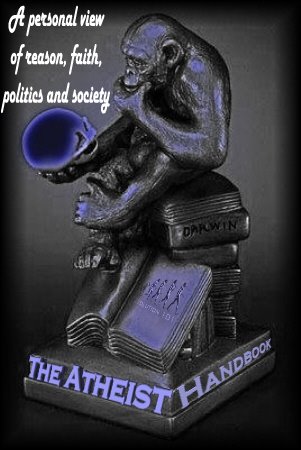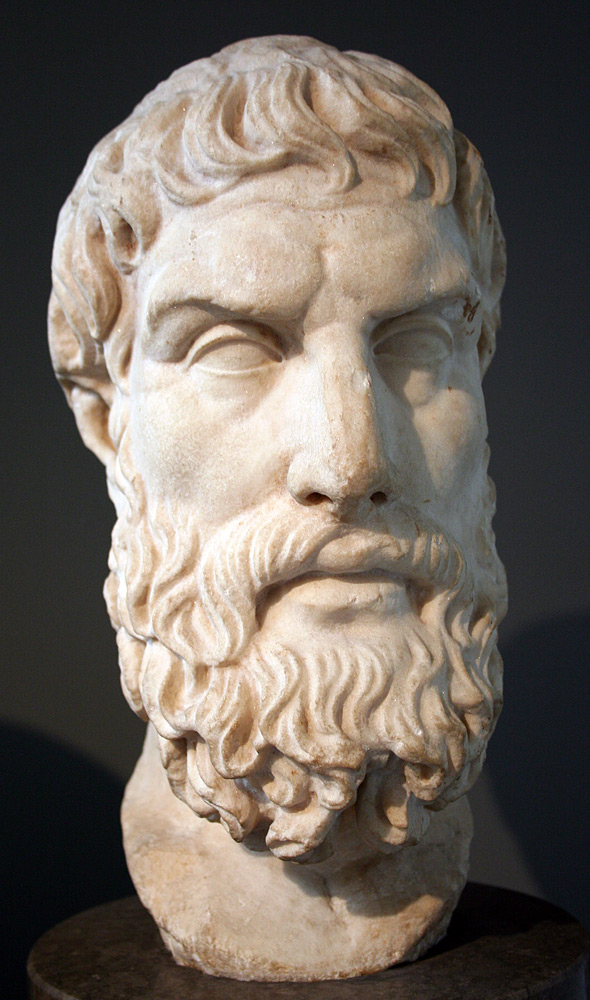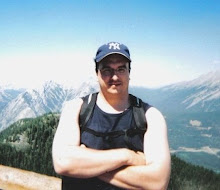 Sir, there is a distinct difference between having an open mind and having a hole in your head from which your brain leaks out.
Sir, there is a distinct difference between having an open mind and having a hole in your head from which your brain leaks out.
-James Randi
The following appeared in my column fro the St. Catharines Standard on May 8.
We should stay open-minded, Oxford biologist Richard Dawkins sometimes says, but not so open-minded that our brains fall out.
In an age when we are trying to cure cancer, protect the environment and make sense of increasingly powerful tools of genetic manipulation, Dawkins' point has a particular and urgent weight to it.
But, alas, the titanic challenges of today, which can only really be grasped with a degree of scientific literacy, aren't good enough for some who would rather retreat into the mush-headed world of angels, ghosts, goblins, the Fort Erie cougar and gasoline under a buck a litre.
Consider, for example, stories about a local teen competing on YTV's Ghost Tracker. It blurs the line between real science and new-agey nonsense as teens are judged on their "skill" at tracking ghosts. The producers even use made-up technobabble to make it all sound scientific. (The Keefer Mansion apparently rates high on the "paranormal index," whatever that is.) Even more insulting to the intelligence are recent reports about the efforts of the Niagara Area Paranormal Society. They don't have positron gliders or the ECTO-1, but like the Ghost Trackers, they have a heap of impressive-looking equipment. You know, microphones, cables, cameras. The entire Radio Shack-does-Ghostbusters ensemble.
So these, uh, "investigators" recently visited the Welland Museum to hunt down some ghosts. No one was slimed, but they claimed to have recorded mysterious voices emanating from the ether - evidence, they say, of the kin of Casper lurking in the museum.
I don't want to vent about this, but given the uncritical reporting on these things, consider this column the rational response.
Ghost hunting as a scientific endeavour is on par with holistic dentistry, tarot card reading, past-life regression and intelligent design. Fortunately, amid the throngs of the credulous are those willing to strike back with a dose of scientific skepticism. Like James Randi by way of a for instance.
Randi, a Toronto native who lives in Florida, is North America's top gun when it comes to debunking the claims of paranormal, um, "detectives."
He doesn't say the supernatural is impossible, but rather there isn't a shred of evidence to back up claims of seeing dead people or UFOs or reading the future in tea leaves.
"If these people want to make claims about paranormal phenomenon, they have to prove it," he told me in a recent interview.
Randi put forward a million-dollar prize to anyone who can prove it using rigorous scientific testing. To date, every attempt has failed miserably.
So what about these "voices" recorded at the museum? It might seem impressive at first blush. A faint murmur emanating from the dark. But when it comes down to it, either they are the voices of spirits or they are not. Period. And Randi says there is nothing supernatural in what the society found.
We live in a soup of electro-magnetic signals, he says. Cellphone traffic. FM radio stations. Disembodied messages are literally all around us all the time.
Randi said ghost hunters adjust their audio gear to the upper range of its sensitivity and because they do not shelter their equipment from the EM racket, they record strange sounds.
"You don't need to be near a powerful signal to pick this stuff up," he says. "It's everywhere. Any good soundman knows how to filter it out."
Even the equipment these, er, "sleuths" use is suspect. Many like to use the Panasonic RR-DR60 audio recorder that was discontinued because it is particularly vulnerable to FM radio transmissions.
(Just Google that model number with the phrase "ghost hunter" and you'll see how coveted a prize it is.)
So the voices they record could be real - but they belong to radio DJs and cellphone users, not Sir Isaac Brock complaining about a sharp pain in his chest. Ockham's Razor wins again.
Of course, it doesn't help that news outlets often report the claims of these Edgar Cayce wannabes without so much as a critical thought, giving them undeserved credibility.
" 'There are no ghosts' doesn't make a very good story," Randi says.
But that is the story. As Carl Sagan used to say, extraordinary claims require extraordinary evidence. If the local paranormal society had actual evidence of spirits they would have uncovered an entirely new field of science. I'm sure the Nobel folks would be interested.
At the very least, they could get a million dollars. So to the folks of the Niagara Paranormal Society and Ghost Trackers - Mr. Randi is waiting.





















